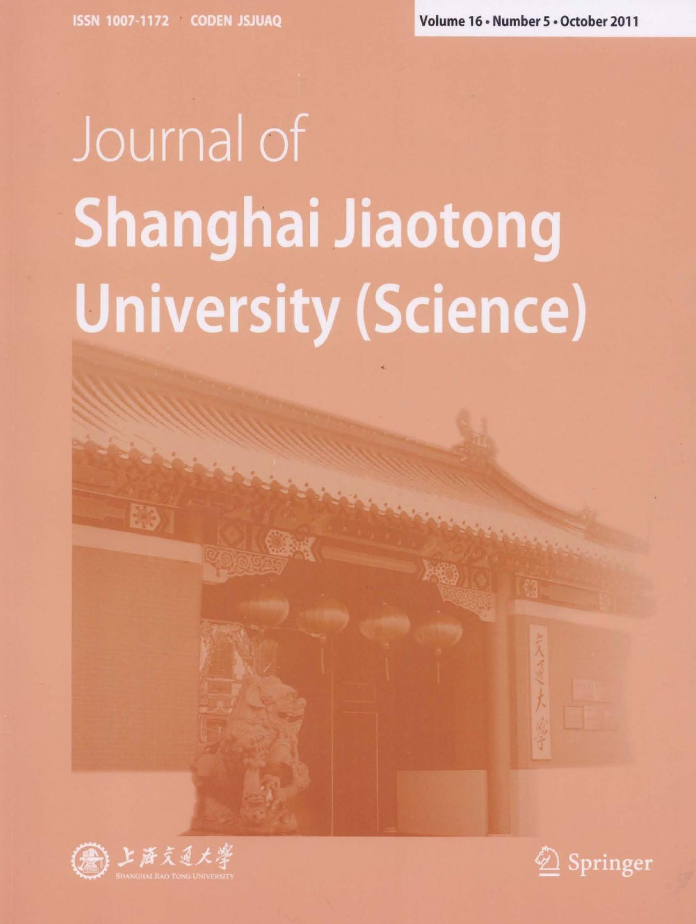|
|
Significance of Sacroiliac Joint Aerocele in Diagnosis of Ankylosing
Spondylitis
WANG Feng (王 锋), ZHAO Bing-hui (赵炳辉), WANG Nian-song (汪年松)
2011, 16 (5):
636-640.
doi: 10.1007/s12204-011-1201-9
Abstract: To explore the significance of sacroiliac joint aerocele in
the diagnosis of ankylosing spondylitis, the data of 196 patients with ankylosing spondylitis (AS) were collected during December of 2008 to May
of 2009. And 50 patients with osteoarthritis (OA), 15 patients with
sclerosing osteitis (SO) and 47 patients with sacroiliac joint tumors were
investigated as the control groups. The feature of sacroiliac joint aerocele
in computed tomography (CT) images was observed carefully. In AS group
there were 130 patients (66.3%) diagnosed as AS according to CT
results, and 32 of them (24.6%) were observed with aerocele within
sacroiliac joint cavity, majority of whom were earlier AS patients with
slight bone destruction. Other 66 patients were diagnosed as early AS
according to magnetic resonance imaging (MRI) and ultrasonography. CT
examination showed that the 66 patients did not have apparent bone
destruction, of whom, 26 (39.4%) patients had aerocele within sacroiliac joint
cavity. Among the control groups of 15 (15/50, 30.0%) patients with OA, 5
(5/15, 33.3%) patients with SO were observed sacroiliac joint aerocele. The 47
patients with sacroiliac joint tumors were observed with bone or cartilage
destruction, but without signs of sacroiliac joint aerocele. The sacroiliac
joint aerocele in CT images of AS patients usually appeared as spots,
streaks, small or larger round blocks, and it often happened in patients
with earlier stage of diseases. Sacroiliac joint aerocele may be useful to
early diagnosis of AS.
References |
Related Articles |
Metrics
|

